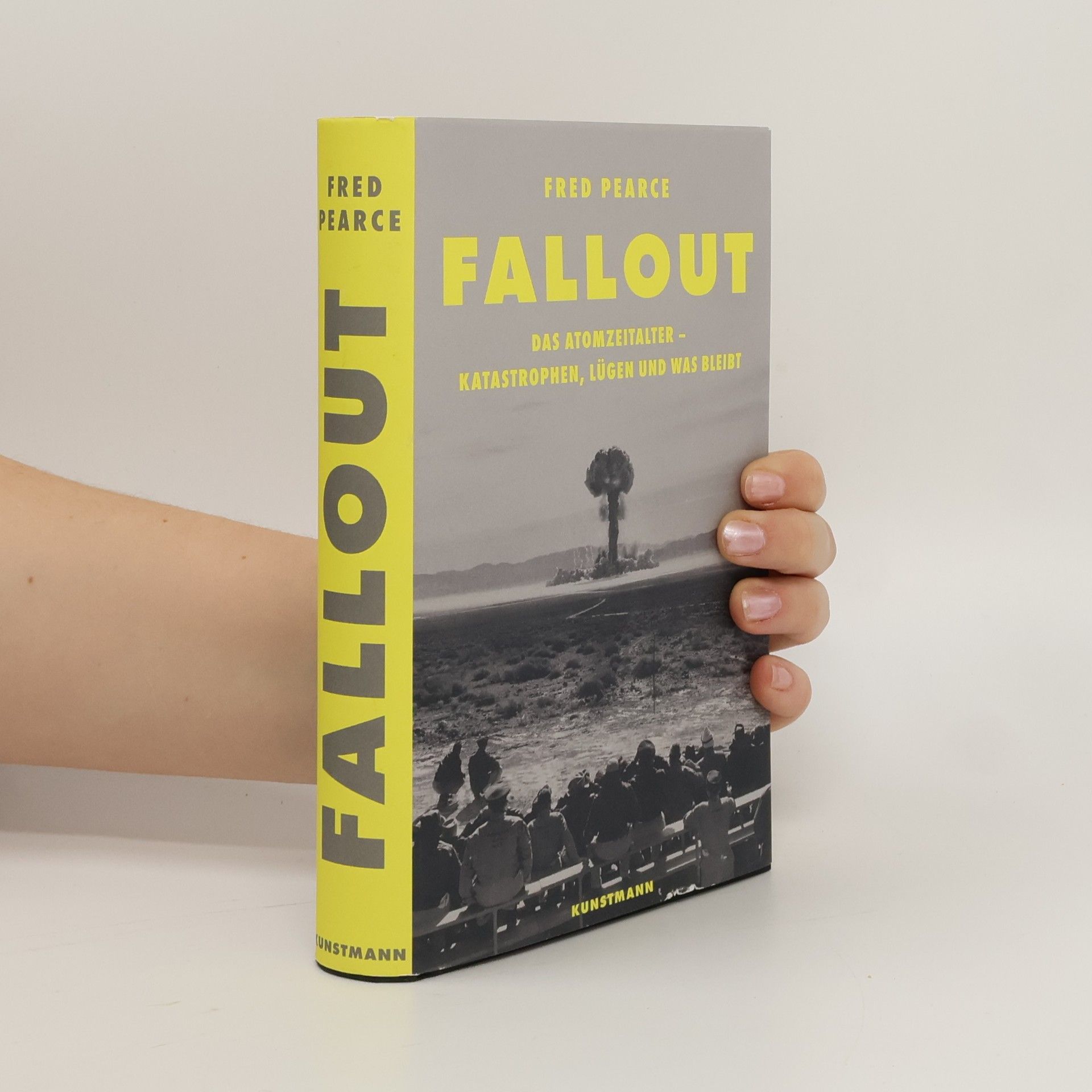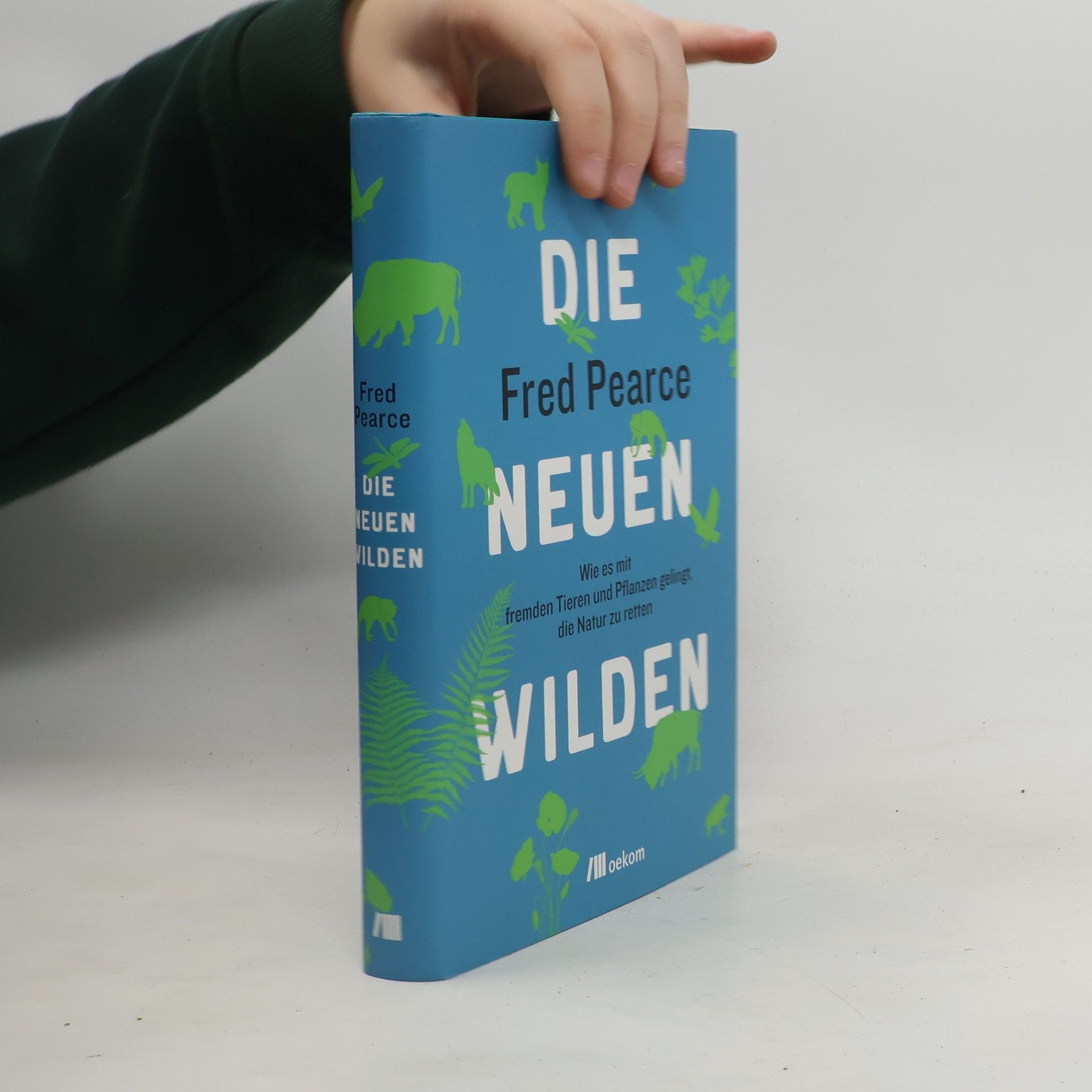A fascinating scientific journey through the world's forests - revealing what they do for us, what we're doing to them, and how we can help nature repair the damage.
Fred Pearce Poradie kníh (chronologicky)
Fred Pearce je anglický autor a novinár, ktorý sa špecializuje na environmentálne témy. Jeho práca sa často zameriava na globálne ekologické problémy, ako sú voda a klimatické zmeny. Pearce je známy svojím skeptickým a nekonvenčným pohľadom na tieto otázky, čím sa odlišuje od mainstreamových názorov. Svojím písaním provokuje k zamysleniu a ponúka nové perspektívy na naliehavé environmentálne výzvy našej doby.
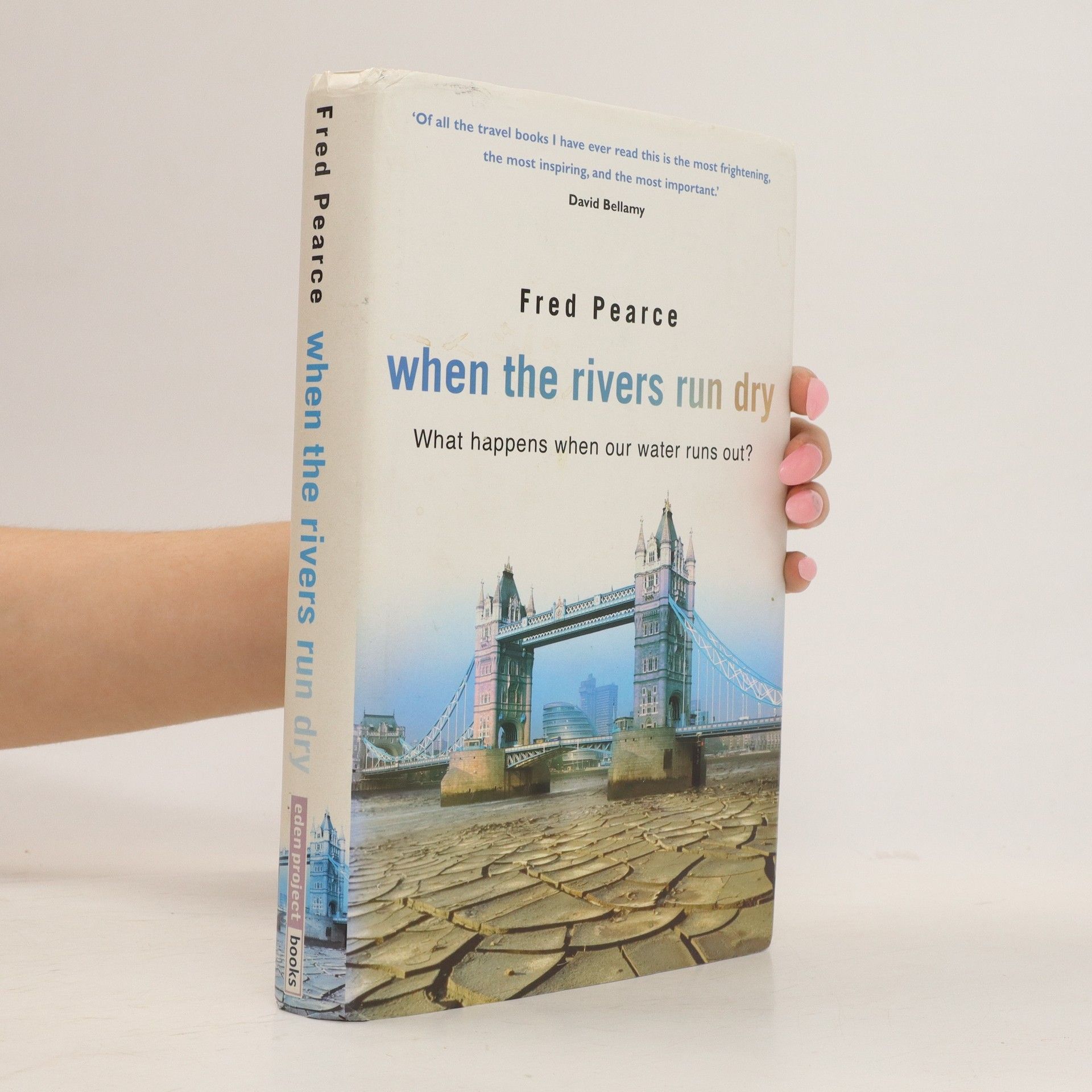

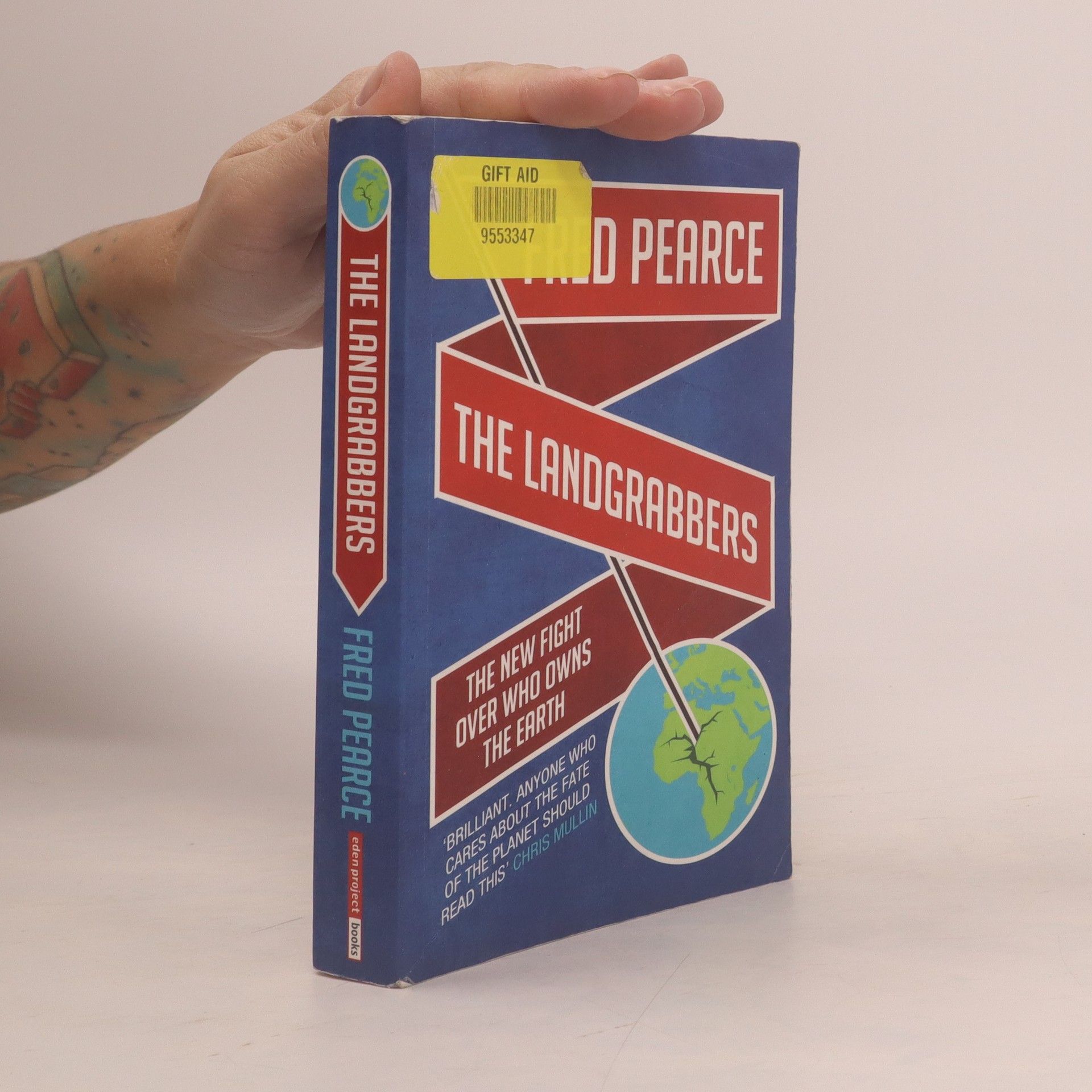

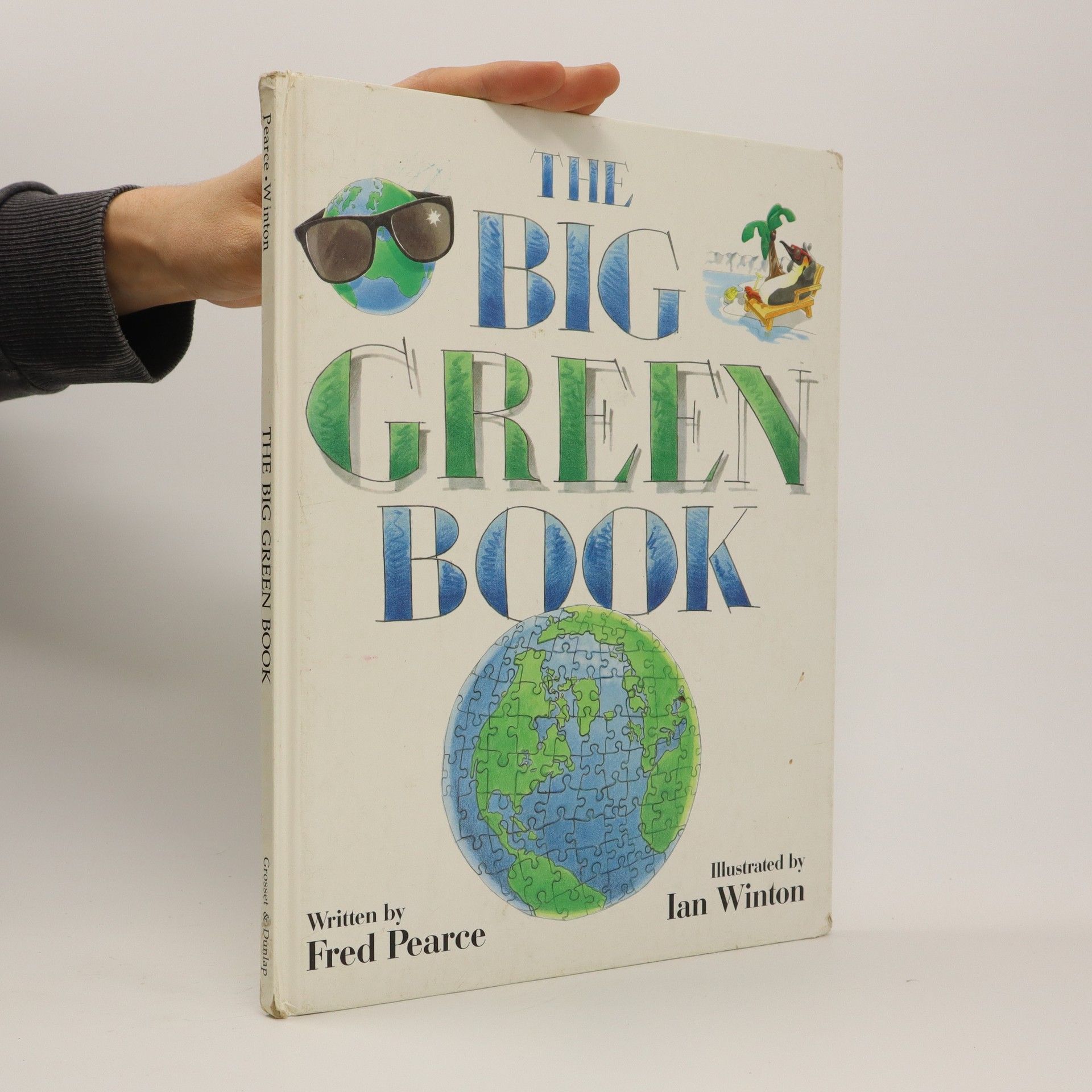
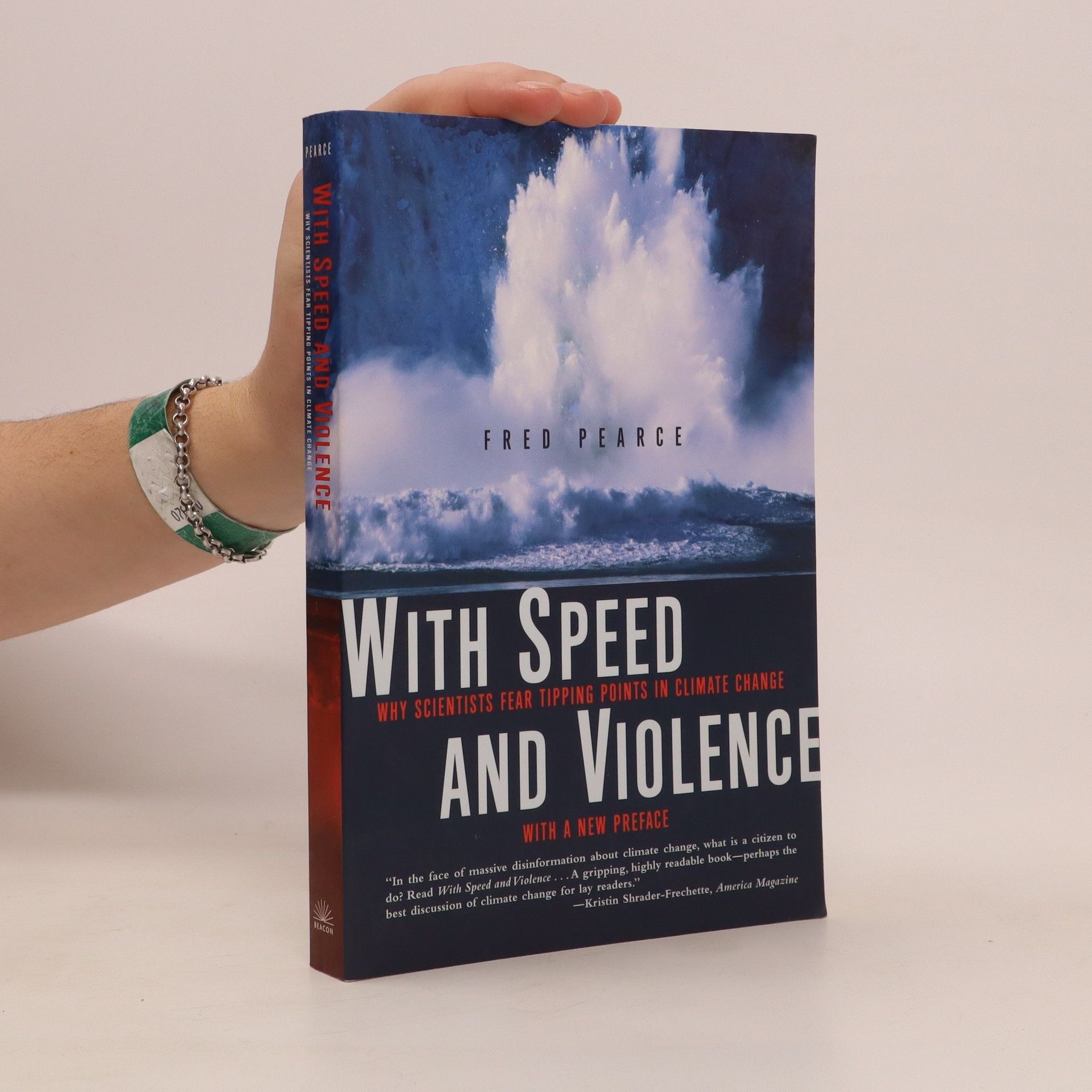
A Trillion Trees
- 320 stránok
- 12 hodin čítania
Trees keep our planet cool and breathable. They make the rain and sustain biodiversity. They are essential for nature and for us. And yet, we are cutting and burning them at such a rate that many forests are fast approaching tipping points beyond which they will simply shrivel and die. But there is still time, and there is still hope. If we had a trillion more trees, the damage could be undone. So should we get planting? Not so fast. Fred Pearce argues in this inspiring new book that we can have our forests back, but mass planting should be a last resort. Instead, we should mostly stand back, make room and let nature -- and those who dwell in the forests -- do the rest. Taking us from the barren sites of illegal logging and monocrop farming to the smouldering rainforests of the Amazon, Fred Pearce tells a revelatory new history of the relationship between humans and trees - and shows us how we can change it for the better. Here we meet the pilot who discovered flying rivers, the village elders who are farming amid the trees, and the scientists challenging received wisdom. And we visit some of the world's most wondrous treescapes, from the orchid-rich moutaintops of Ecuador to the gnarled and ancient glades of the South Downs. Combining vivid travel writing with cutting edge science, A Trillion Trees is both an environmental call to arms and a celebration of our planet's vast arboreal riches
Water Lands
- 304 stránok
- 11 hodin čítania
Where water meets land, life abounds. This is the story of the nature and people of the wetlands of the world.
Unser Planet
- 320 stránok
- 12 hodin čítania
Der exklusive Begleitband zur bahnbrechenden neuen Dokuserie auf NETFLIX. UNSER PLANET feiert die Vielfalt und Kostbarkeit der Erde. In beispiellos schönen, nie gesehenen Bildern. Und mit einer verblüffenden Erkenntnis: In der einzigartigen Erneuerungskraft der Erde liegt der Schlüssel zum Überleben des Menschen. Denn Ozeane, Wälder, Wüsten und Steppen können sich erholen, erstaunlich schnell und umfassend – wenn wir sie nur lassen. Mit Aufnahmen von einigen der seltensten Kreaturen und von verborgenen Winkeln der Erde – von der Tiefsee bis zu entlegenen Wäldern und Gletschern – eröffnet dieses Buch allen Naturliebhabern ein tieferes Verständnis der Erde. Es zeigt die spektakulärsten Facetten unseres Planeten und erzählt vom Einfluss des Menschen auf seine Ökosysteme, allen voran vom Klimawandel und vom dramatischen weltweiten Artensterben. UNSER PLANET ist ein bildgewaltiger, leidenschaftlicher und hoffnungsvoller Weckruf über alle Generationen hinweg. „Die Zukunft allen Lebens auf unserem Planeten hängt davon ab, ob wir bereit sind, jetzt zu handeln.“ Sir David Attenborough
Fallout
Das Atomzeitalter - Katastrophen, Lügen und was bleibt
Gekündigte Atomabkommen, drohendes Wettrüsten, marode Kernkraftwerke... der Geist der Radioaktivität schwebt weiter über uns. Aber was genau wissen wir über die Folgen von Verstrahlung und die Gefahren, die von stillgelegten Meilern ausgehen? Wie leben die Menschen in und um die Sperrzonen? Und wohin mit dem ganzen Atommüll? Eine fesselnde Reise durch das nukleare Zeitalter.
When the rivers run dry : the global water crisis and how to solve it
- 336 stránok
- 12 hodin čítania
In When the Rivers Run Dry, Fred Pearce explores the growing world water crisis, from Kent to Kenya. His powerful reportage takes us to places where waterways are turning to sand before they reach the ocean; where fields are parched and crops no longer grow; where once fertile ground has turned to desert; where wars are fought over access to water and cultures are dying out. But he offers us hope for the future - if we can radically revolutionise the way we treat water, and take personal responsibility for the water we use
The book is published with the support of the Unitarian Universalist Association of Congregations, indicating a focus on themes related to spirituality, community, and social justice. It likely explores ideas central to Unitarian Universalism, such as the importance of individual beliefs and the pursuit of truth, fostering inclusivity and understanding among diverse perspectives. Readers can expect a thoughtful examination of faith and its role in contemporary society.
Die neuen Wilden
- 336 stránok
- 12 hodin čítania
Lange Zeit war Fred Pearces Meinung zu invasiven, gebietsfremden Arten eindeutig: Bärenklau, Waschbär und Co. gehören nicht nach Mitteleuropa und bedrohen unsere heimische Tier- und Pflanzenwelt. Doch was, wenn unsere traditionelle Sicht auf die Natur falsch ist? Was, wenn echter Naturschutz gerade darin besteht, die Eindringlinge willkommen zu heißen? Sein aktuelles Buch ist eine scharfe Kritik an einem rückwärtsgewandten Naturschutz, der invasive Arten zu Sündenböcken stempelt. Denn gerade in Zeiten des Klimawandels brauchen wir widerstandsfähige Arten, die unsere Natur bereichern und heilen.
The New Wild
- 352 stránok
- 13 hodin čítania
A provocative exploration of the 'new ecology' and why most of what we think we know about alien species is wrong
What do City speculators, Gulf oil sheikhs, Chinese entrepreneurs, big-name financiers like George Soros and industry titans like Richard Branson buy when they go shopping? Land. Parcels the size of Wales are being snapped up across the plains of Africa, the paddy fields of Southeast Asia, the jungles of the Amazon and the prairies of Eastern Europe. Why? The money men will tell you that their investments will bring an end to world famine. But is this more about fat profits and food security for the few? The race is on to grab the worldâe(tm)s most precious and irreplaceable resource. In this brilliant piece of investigative journalism Fred Pearce moves from boardroom and trading floor to goat-herderâe(tm)s hut and flooded forest. The result is an eye-opening, extraordinarily important examination of the most profound ethical and economic issue in the world today.

